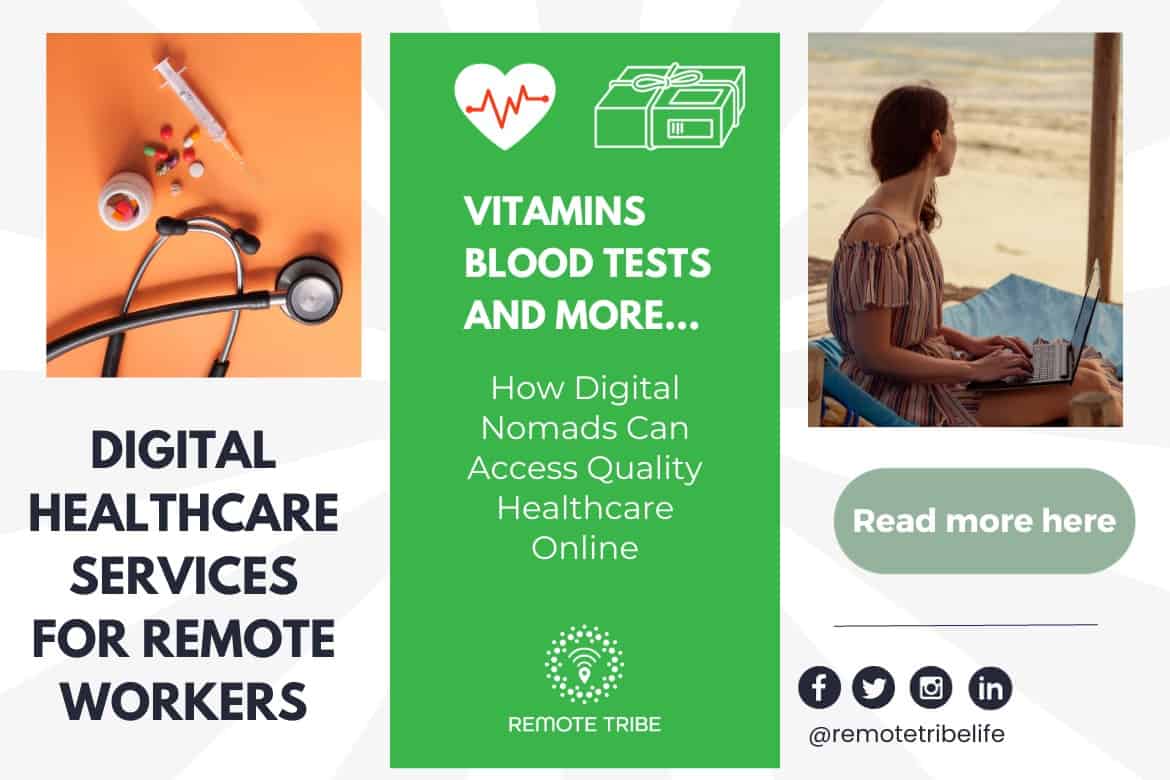Browsing the Future of Medicine With Subscription-Based Health Care Provider
As the healthcare market develops, subscription-based solutions emerge as a crucial version guaranteeing to improve person treatment shipment. The responses to these questions might essentially change our technique to healthcare.
Surge of Membership Health Care
As healthcare systems around the globe face boosting pressures from increasing prices and demand for services, the advent of subscription-based medical care designs has become a transformative pattern. This innovative strategy is disrupting standard health care delivery by using a foreseeable, flat-rate payment framework for medical services. Rooted in the concepts of attendant medicine, subscription-based healthcare allows providers to concentrate on customized person treatment while simultaneously handling operational efficiencies.
The enhancing consumer demand for openness and predictability in health care expenditures has driven the shift in the direction of this model. Subscription-based services often provide straight access to health care professionals, which can lower the administrative concerns linked with insurance policy cases and repayments.
This version is acquiring traction amongst varied medical care providers, from health care medical professionals to specialized facilities, by aligning monetary motivations with preventative and continuous care. By moving the emphasis from volume to value-based care, registration health care has the possible to reshape the landscape, cultivating an extra lasting and patient-centered approach to health and wellness management.
Benefits for People

Furthermore, subscription-based solutions usually emphasize preventive care, encouraging normal exams and health and wellness screenings. This positive approach can cause early discovery of wellness concerns, possibly enhancing results and decreasing long-term health care prices for clients. Furthermore, such versions usually provide transparent rates, permitting patients to much better comprehend their medical care expenses and avoid unanticipated medical costs.
The personalized nature of subscription-based medical care also boosts client experience. Patients can get tailored health care strategies that fit their specific requirements, fostering a much more patient-centric technique. This personalization can result in better client contentment and adherence to treatment strategies. Subscription services commonly incorporate wellness programs, supporting people in keeping overall health and wellness and well-being. Eventually, these benefits jointly contribute to a much more efficient, economical, and patient-friendly medical care experience.
Modern technology's Role in Transformation

Fabricated knowledge (AI) plays an important duty in anticipating analytics, assisting in very early medical diagnosis and customized treatment plans. AI algorithms analyze huge datasets to identify patterns that could be overlooked by human monitoring, thus enhancing medical decision-making. Electronic health and wellness documents (EHRs) enhance patient info administration, making certain continuity and comprehensibility of care throughout numerous solutions and providers.
Blockchain modern technology improves information safety and Continue security and privacy, important for keeping patient trust fund in digital systems. It allows transparent and safe purchases of clinical data, making certain that sensitive details continues to be safeguarded. With the integration of artificial intelligence and AI, blockchain can automate complex health care processes, reducing management worries.
Factors To Consider and challenges
While modern technology pushes the capabilities of subscription-based medical care services, it additionally presents a collection of challenges and factors to consider that must be resolved to make certain effective application. One substantial difficulty is the fair accessibility of these services. As subscription designs frequently count on digital platforms, there is a danger of worsening the digital divide, leaving behind people without web accessibility or digital literacy. Making sure these solutions do not disproportionately profit only tech-savvy and wealthy populaces is important.
Information personal privacy and safety represent another essential factor to consider. Subscription-based solutions commonly entail the collection and storage of vast quantities of individual health details. Suppliers should comply with rigid information protection laws to maintain person trust fund and protect against unapproved access, which can bring about significant ethical and lawful consequences.
In addition, the sustainability of membership versions positions a difficulty. As healthcare needs evolve, maintaining a cost-efficient equilibrium between membership fees and service top quality is crucial to avoid person frustration and attrition. Integrating these solutions within conventional health care systems needs smooth interoperability in between systems, which is usually a facility and resource-intensive venture. Addressing these obstacles is vital as subscription-based healthcare solutions proceed to advance and expand.
Future Ramifications for Medicine
Subscription-based health look at this website care services are positioned to substantially influence the future landscape of medicine by reshaping just how care is accessed and supplied. These versions supply the prospective to democratize healthcare gain access to, providing patients with even more personalized and prompt treatments. By leveraging innovation, such as telemedicine and data analytics, subscription solutions can promote continuous tracking and customized health and wellness administration, hence improving end results and reducing the concern on standard medical care systems.
As these solutions gain traction, they could promote a shift in the direction of preventative care, stressing the importance of early discovery and monitoring of persistent conditions. This positive strategy may inevitably reduce healthcare costs by reducing the need for costly treatments arising from late-stage illness administration. Additionally, registration versions use a scalable solution to resolve differences in medical care access, especially in underserved or rural populaces.
Nevertheless, the transition in the direction of subscription-based versions necessitates addressing regulatory and moral factors to consider, including information privacy and equitable accessibility. As the sector evolves, collaborative efforts between policymakers, technology programmers, and doctor will certainly be essential to developing robust structures that guard person passions while cultivating development. Ultimately, these solutions assure to add significantly to a more efficient, patient-centered health care ecological community.

Verdict
Subscription-based healthcare solutions represent a substantial evolution in the clinical field, supplying foreseeable costs and individualized care that improve ease of access and focus on precautionary steps. Technical advancements, such as telemedicine and AI-driven analytics, help with customized individual experiences, my latest blog post enhancing general wellness outcomes. Obstacles such as data personal privacy and fair accessibility need to be dealt with to ensure the widespread advantages of these solutions. As the medical care landscape progresses, registration designs are poised to play a critical function fit the future of medication.
As the medical care sector develops, subscription-based services emerge as an essential version guaranteeing to reshape client care distribution.As health care systems around the world face raising pressures from increasing costs and need for services, the introduction of subscription-based healthcare versions has emerged as a transformative trend (subscription based healthcare).With the rise of subscription-based medical care models reshaping conventional healthcare distribution, people are beginning to experience considerable advantages from this innovative method. As healthcare requires develop, maintaining an affordable balance between subscription charges and service quality is important to protect against patient discontentment and attrition.Subscription-based health care solutions are positioned to considerably influence the future landscape of medication by improving just how treatment is accessed and delivered